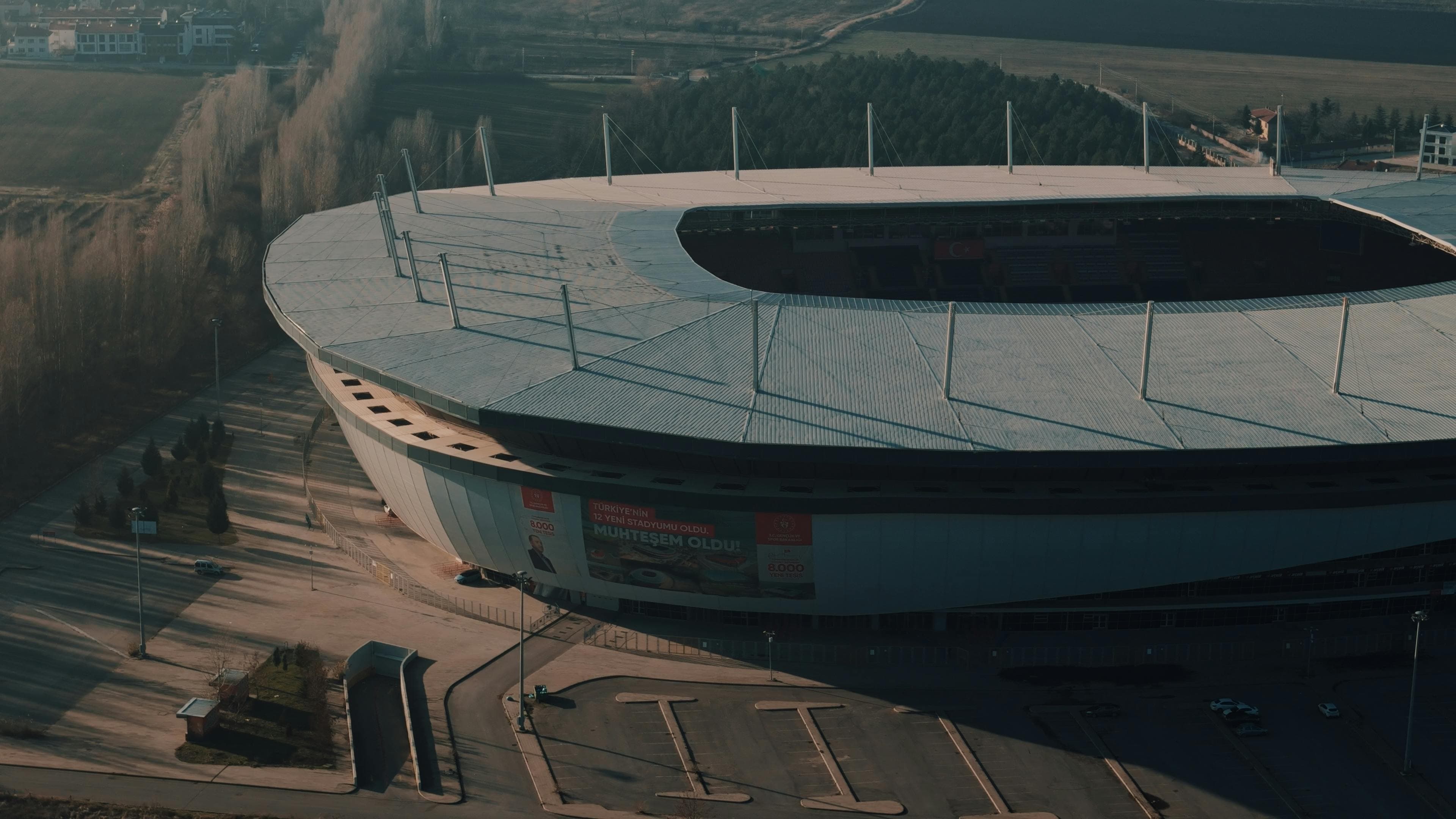The Case for VAR: A Turning Point in the DFB-Pokal Controversy
In the bustling world of German football, October 29, 2025, marked a pivotal moment that has reignited discussions about the strategic deployment of technology in officiating. The DFB-Pokal match between Bayern Munich and 1. FC Cologne (Köln) became the epicenter of this discourse after Bayern's first equalizing goal, scored by Luis Díaz, was clearly offside by approximately half a meter. Despite the glaring misjudgment, the absence of Video Assistant Referee (VAR) technology meant the goal stood, altering the course of the match.
Bayern Munich, a team known for its meticulous precision, found itself in the crosshairs of a controversy that transcended mere on-field performance. Köln's head coach, Lukas Kwasniok, articulated a sentiment shared by many in the football community: "VAR should be used from the second round onward to prevent such errors." His assertion is not merely a reactionary stance but highlights a systemic issue in the officiating of knockout stages, where the stakes are incredibly high.
Echoing Kwasniok's call for reform, Bayern's board member for sport, Max Eberl, lent his voice to the growing consensus. Eberl, with a pragmatic view, remarked, "If you’re not focused on it [offside decisions] all year round, it makes decisions like this difficult. If something works, you should use it." This endorsement from a leading football executive underscores a strategic shift towards embracing technology as a means to enhance fairness and accuracy in crucial matches.
The incident has ignited a broader debate among media and experts about the standards of officiating in German football cup competitions. The omission of VAR until the latter stages of the DFB-Pokal is increasingly seen as an outdated approach that fails to leverage available technology to uphold the integrity of the game. The alignment of opinions between rival clubs on this issue reflects a market-like consensus—a rarity in the competitive landscape of football.
As discussions continue, the trajectory of VAR implementation in the DFB-Pokal will likely mirror market-driven strategies that prioritize customer satisfaction—in this case, the stakeholders of football, including clubs, players, and fans. The controversy may prove to be a catalyst for change, driving home the point that in today’s game, precision and fairness are not just ideals but necessary components of modern football.







